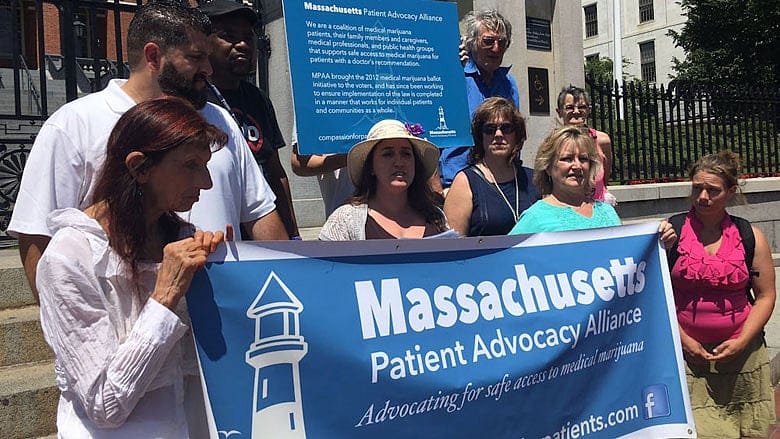Groups fear Senate budget rider will lock in medical marijuana fees

STATE HOUSE — An attempt to make it easier for veterans to access medical marijuana could actually cement a registration process that imposes roadblocks for other patients, according to advocates.
Last month, the Senate tacked on to its fiscal 2017 budget a medical marijuana registration fee waiver for veterans who qualify as patients under the state's dispensary program.

